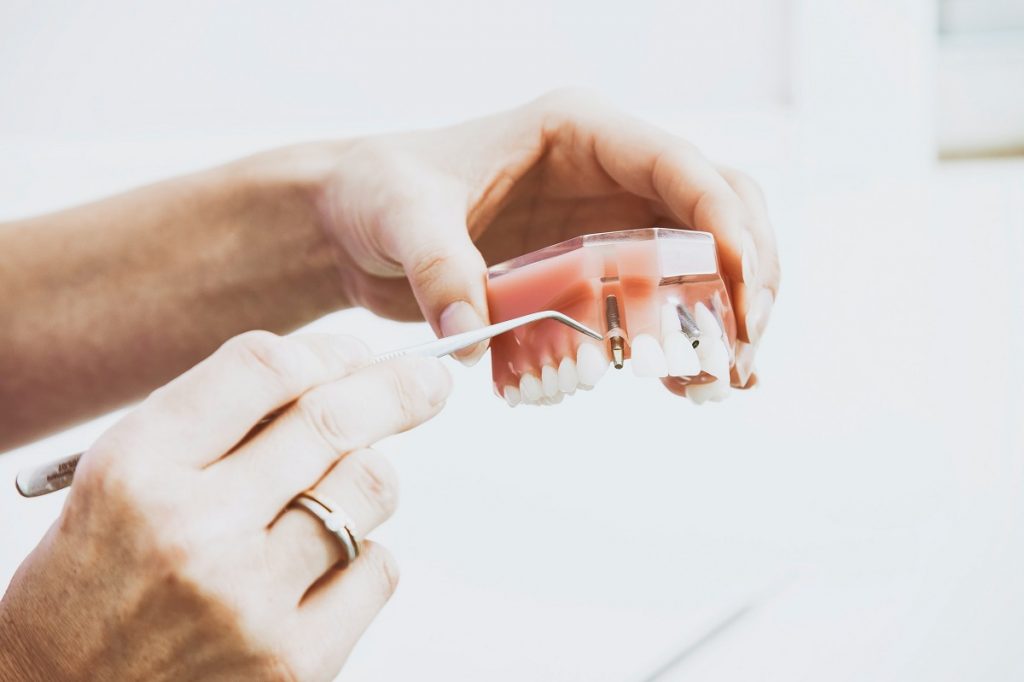Despite your best intentions (or lack thereof), dental emergencies can still occur that threaten to jeopardise your oral health. What should you do and how should you act when disaster strikes? You’ll find that a proactive approach to these unpredictable occurrences can save a tooth.
That said, these DIY methods should not replace proper dental care, but should be used before you visit a dental clinic in W1. Read on to find out what they are.
Loose teeth
Teeth that wiggle in children is normal, endearing even. Adult loose teeth are problematic and could result in the pearly white falling out.
Loose teeth can result from an injury and may or may not be accompanied by pain. Even if you aren’t experiencing discomfort, your jaw and nerves might be damaged, so it’s best to have these checked out at an available emergency dental practitioner.
In the meantime, don’t touch or wiggle the tooth. Leave it alone. Stick to eating soft, non-sticky foods and keep the tooth clean with water only.
Toothache
Occasionally, most of us are afflicted with a minor toothache, which can be relieved with pain medication. However, it’s essential to have tooth discomfort checked out, as it might point to underlying issues, such as cavities or worse, tooth abscesses.
If you’re in anguish and experiencing severe tooth pain, you should see an emergency dental practitioner straight away to relieve the pain and get to the source of the problem. In the time before you see the dentist, you can rinse your mouth with salty water or apply a cold compress to the outside of your mouth to prevent swelling and alleviate some of the soreness.
You’ve knocked out your tooth
Accidents happen, a hard impact to the mouth or chewing an apple could leave you minus a tooth.
As traumatic as this is, you can save the tooth, but you must act quickly. The tooth must be back in the socket an hour after the incident has occurred, meaning the longer the pearly white is left out for, the chances of preserving it are significantly reduced.
If your tooth falls out, make sure to handle it by the crown (not the roots), keep it clean, keep it moist, and if you can, replace it in the socket.
Your tooth is chipped

A chipped or broken tooth is only treated as a dental emergency if it’s accompanied by bleeding or pain. If not treated timeously, you could fall victim to infection, and at worst, have to undergo a root canal, which is a procedure that removes a tooth’s infected pulp.
Home remedies you can employ to reduce your discomfort include covering the sharp edges of the remaining bits of a tooth with wax or sugarless chewing gum, to prevent mouth sores and cuts.
If you’re experiencing intolerable pain but can’t yet see the dental practitioner, take over-the-counter medication as a temporary measure until you can be seen.
Whatever you do, don’t try to grind down your tooth with sandpaper or remove your tooth with pliers, leave these tasks to the professionals instead.






